DHAKA, Jan 13, (V7N) – Dhaka, the overcrowded capital of Bangladesh, recorded an Air Quality Index (AQI) score of 252 at 9 am on Monday, earning it the second spot among cities with the worst air quality.
The air in Dhaka was classified as 'very unhealthy,' posing significant health risks, according to global air quality and pollution rankings.
Global Rankings
1st: Ulaanbaatar, Mongolia (AQI 255)
2nd: Dhaka, Bangladesh (AQI 252)
3rd: Hanoi, Vietnam (AQI 244)
AQI Categories
151-200: Unhealthy
201-300: Very Unhealthy
301-400: Hazardous
An AQI score above 200 indicates a severe risk of respiratory and cardiovascular issues, particularly for vulnerable groups such as children, the elderly, and those with pre-existing conditions.
Dhaka’s air pollution typically worsens in winter due to factors such as increased construction activities, industrial emissions, and vehicular pollution. However, the monsoon season offers some respite with improved air quality.
Health Implications
According to the World Health Organization (WHO), air pollution is a major global health crisis, contributing to an estimated seven million deaths annually. Key health risks include:
Stroke
Heart disease
Chronic obstructive pulmonary disease
Lung cancer
Acute respiratory infections
Efforts to Combat Air Pollution
Syeda Rizwana, an environmental activist, emphasized the need for a time-bound action plan to tackle the issue. In Bangladesh, the AQI is determined based on five criteria pollutants:
1. Particulate Matter (PM10 and PM2.5)
2. Nitrogen Dioxide (NO2)
3. Carbon Monoxide (CO)
4. Sulfur Dioxide (SO2)
5. Ozone
Efforts by taskforces and stricter regulations on emissions are essential to mitigating the impact of air pollution on public health.
END/CLM/RH/





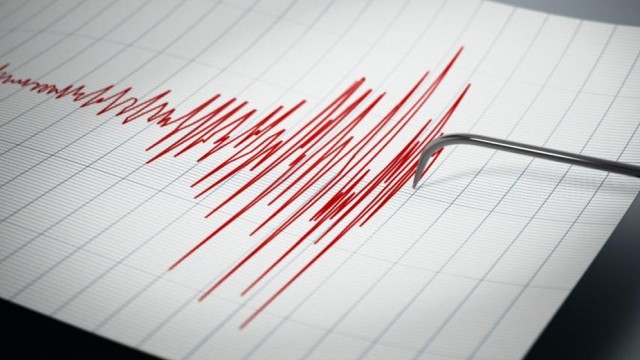
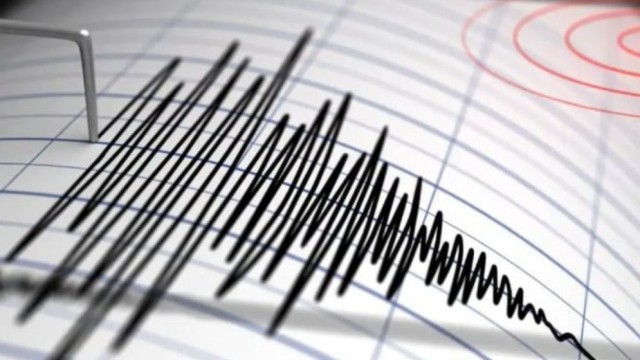

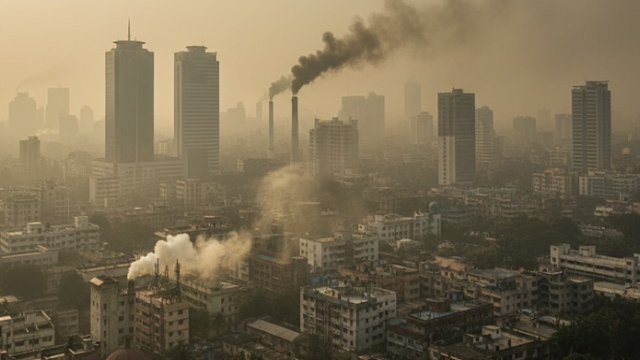



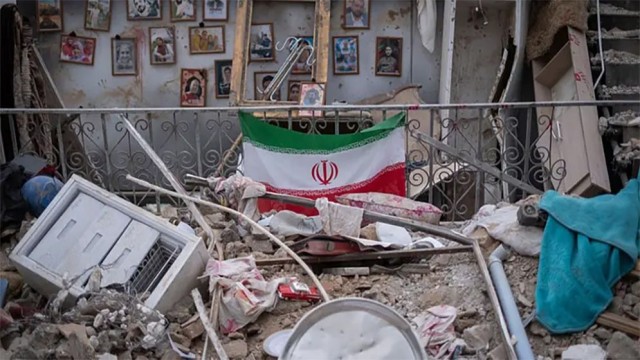
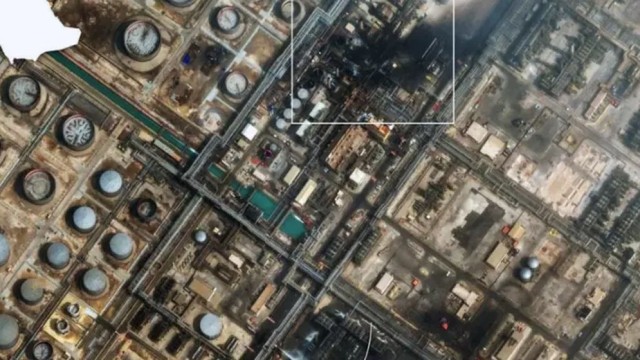

















Comment: